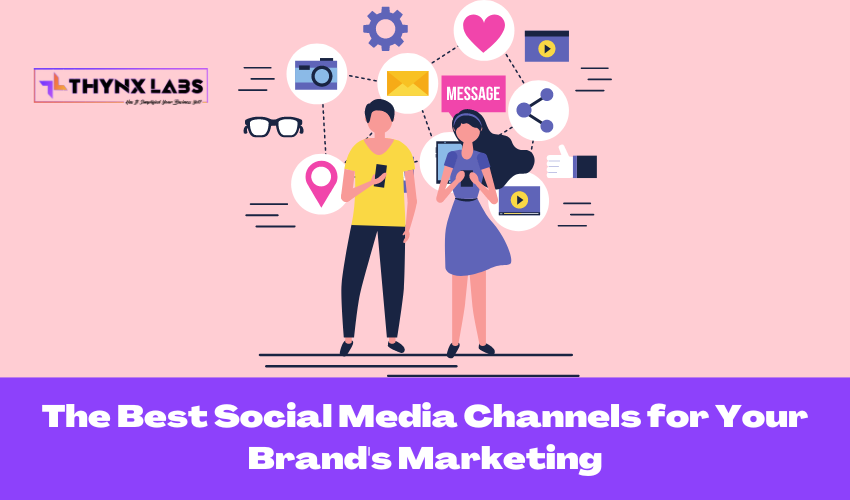Choosing Between Facebook and Instagram
Choosing Between Facebook and Instagram: Decoding the Ideal Platform for Your Business
In the dynamic realm of social media marketing, the choice between Facebook and Instagram often perplexes businesses seeking the most effective platform for their marketing efforts. This article aims to unravel the nuances, providing insights into the strengths of each platform to help businesses make informed decisions tailored to their goals and target audience.
Navigating the Distinct Realms of Facebook and Instagram
Understanding the unique features and audience dynamics of Facebook and Instagram is essential for businesses striving to optimize their social media presence. Each platform has its own strengths, and the decision should align with your brand identity, content strategy, and the preferences of your target audience.
1. Facebook: The All-Encompassing Social Network
Facebook, with its extensive user base and diverse demographic representation, stands as a comprehensive social network. Businesses aiming for a broad reach and diverse audience engagement often find Facebook to be the ideal platform. The platform accommodates various content formats, including text posts, images, videos, and links.
2. Instagram: Visual Storytelling Excellence
Instagram, owned by Facebook, is renowned for its emphasis on visual content and storytelling. With a predominantly younger user base, Instagram excels in providing a visually immersive experience. Businesses with visually appealing products or those prioritizing visual storytelling often find Instagram to be a powerhouse for brand engagement.
3. Audience Demographics and Preferences
The choice between Facebook and Instagram hinges significantly on the demographics and preferences of your target audience. If your audience spans a wide age range and values diverse content types, Facebook may be preferable. In contrast, businesses targeting a younger, visually-oriented audience may find Instagram to be more aligned with their demographic.
4. Content Types and Formats
Consider the types of content your business excels in creating. Facebook's versatility allows for longer-form content, detailed posts, and a mix of media types. Instagram, on the other hand, thrives on visually impactful content, with a focus on high-quality images and short videos. Align your content strategy with the strengths of the chosen platform.
5. Engagement and Interaction Styles
Both Facebook and Instagram offer opportunities for engagement, but the interaction styles differ. Facebook's emphasis is on fostering discussions through comments, likes, and shares, while Instagram often centers around visual appreciation through likes and comments. Choose the platform where your audience is more likely to engage with your content in a manner that suits your brand.
6. Advertising Capabilities and Objectives
Evaluate the advertising capabilities of each platform concerning your marketing objectives. Facebook's robust advertising platform supports diverse campaign goals, including brand awareness, lead generation, and conversions. Instagram's visual nature is particularly effective for visually-driven ad campaigns.
7. Integration and Cross-Promotion Opportunities
Consider the potential for cross-promotion and integration with other marketing channels. As Facebook owns Instagram, there are seamless integration options for businesses looking to maintain a consistent brand presence across both platforms. Explore how well the chosen platform aligns with your broader marketing strategy.
8. Analytics and Measurement Tools
Examine the analytics and measurement tools provided by each platform. Facebook and Instagram offer insights into post performance, audience demographics, and engagement metrics. Evaluate which platform provides the analytics that align with your key performance indicators (KPIs) and reporting needs.
Conclusion
The choice between Facebook and Instagram ultimately depends on your business objectives, target audience, and content strategy. By considering factors such as audience demographics, content preferences, engagement styles, advertising capabilities, integration opportunities, and analytics tools, you can make an informed decision that aligns with your brand's identity and goals. Navigate the dynamic landscape of social media marketing with clarity, leveraging the strengths of the chosen platform for optimal business success.


